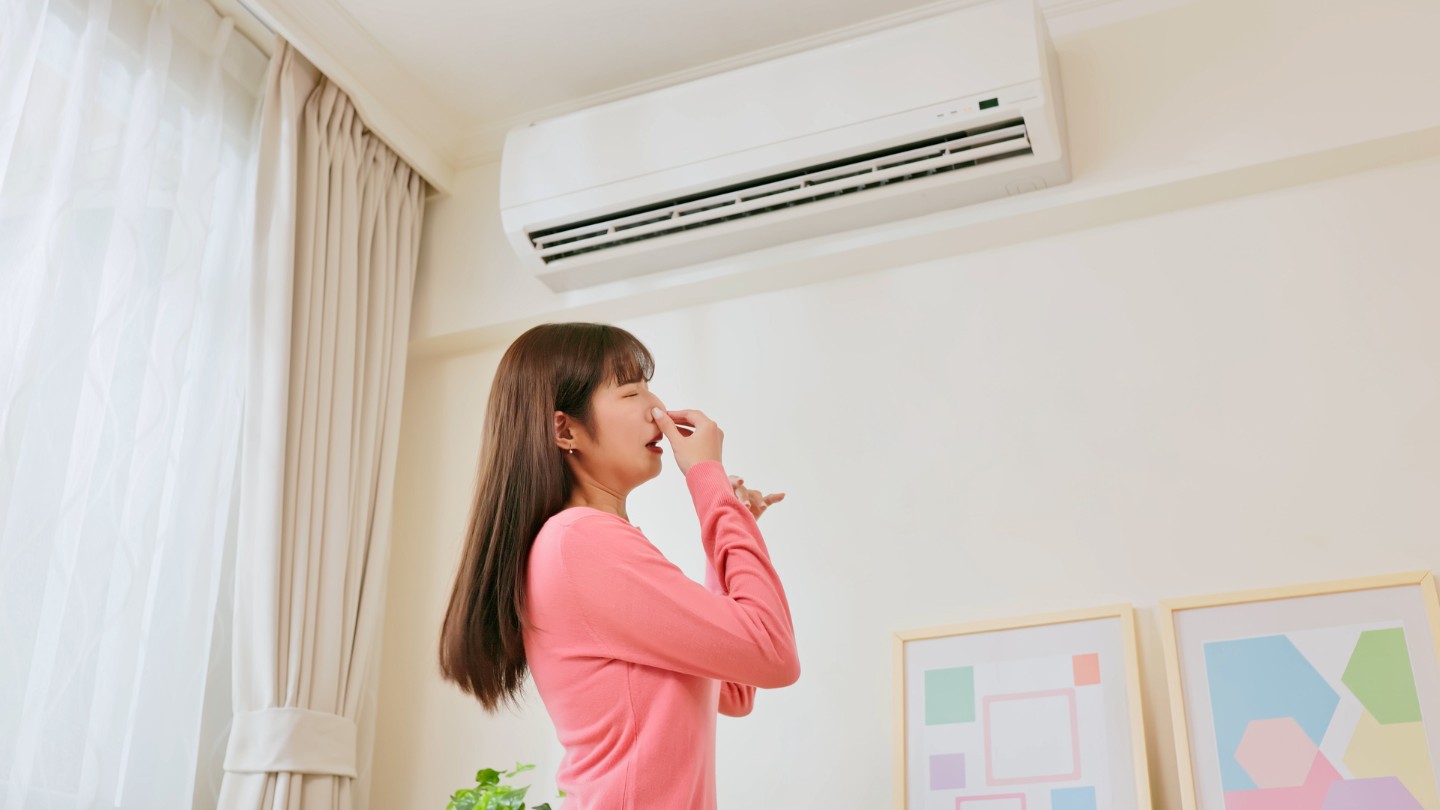

Articles
Why Does My AC Smell Bad
Modified: January 23, 2024
Discover why your AC smells bad with informative articles and expert advice. Keep your home smelling fresh and clean.
(Many of the links in this article redirect to a specific reviewed product. Your purchase of these products through affiliate links helps to generate commission for Storables.com, at no extra cost. Learn more)
Introduction
Have you ever noticed an unpleasant odor coming from your air conditioning (AC) system? It can be quite disconcerting, not to mention it can affect the overall comfort of your home. A bad smell emanating from your AC can be caused by a variety of factors, ranging from mold and mildew growth to dirty air filters. Understanding the potential causes and finding solutions to eliminate these odors is crucial in maintaining a healthy and pleasant indoor environment.
In this article, we will delve into the common causes of bad odors from AC units and explore effective solutions to get rid of them. Whether you’re experiencing a musty smell, a foul odor, or a chemical scent from your AC, this guide will help you identify and address the issue.
Key Takeaways:
- Regular maintenance and cleaning are crucial in preventing bad odors from your AC. Clean or replace air filters, inspect and clean the evaporator coil, and clear debris to maintain a fresh indoor environment.
- Professional HVAC inspection and cleaning help eliminate underlying issues causing bad odors. Expert assessment, deep cleaning, and preventive measures ensure optimal AC performance and fresh air quality.
Read more: Why Does My AC Smell In My Car
Common Causes of Bad Smell from AC
When your AC emits a bad smell, it’s important to identify the root cause before finding a solution. Here are some of the common causes of bad smells from AC units:
- Mold and Mildew Growth: The presence of mold and mildew in your AC system is a common cause of foul odors. Moisture, warm temperatures, and organic matter create the perfect environment for mold and mildew to thrive. The smell can be musty or damp, and it’s important to address this issue promptly to prevent further growth and potential health hazards.
- Dirty Air Filters: Over time, the air filters in your AC can become clogged with dirt, dust, and debris. This can restrict airflow and cause a buildup of odorous particles. As a result, your AC may emit a stale or dusty smell. Regularly cleaning or replacing your air filters can help prevent this issue.
- Clogged Condensate Drain Line: The condensate drain line is responsible for removing excess moisture from your AC unit. If this drain line becomes clogged with debris, algae, or mold, it can create a backup of stagnant water. This can lead to a foul odor resembling rotten eggs or sewage. Cleaning or unclogging the condensate drain line is essential to eliminate the smell.
- Dead Animals or Insects in AC: It’s not uncommon for small animals or insects to find their way into your AC unit and get trapped. Over time, their decomposing bodies can produce a strong and unpleasant smell. If you suspect there may be a dead animal or insect in your AC, it’s best to seek professional assistance to safely remove it.
- Chemical Odors from HVAC System: In some cases, the AC may emit chemical-like odors, which could be indicative of a problem in the HVAC system. This could be due to a refrigerant leak or electrical issues. These odors should be taken seriously and addressed by a licensed HVAC technician.
Identifying the cause of the bad smell is the first step towards resolving the issue. Understanding the common causes mentioned above will help you narrow down the potential problem and take appropriate action.
Mold and Mildew Growth in AC
One of the most common causes of a bad smell from your AC is the growth of mold and mildew. When moisture accumulates in the AC system, it creates an ideal environment for mold and mildew to thrive. The dampness and darkness within the air conditioner provide the perfect conditions for these fungi to multiply and release unpleasant odors.
Mold and mildew growth not only contributes to a foul smell but can also pose a health risk. Breathing in mold spores can trigger allergies, asthma, and respiratory issues. It’s crucial to address this problem as soon as possible to maintain a healthy indoor environment.
To eliminate mold and mildew growth in your AC, consider the following steps:
- Inspect and clean the evaporator coil: The evaporator coil is responsible for cooling and dehumidifying the air. Over time, it can accumulate dirt, dust, and moisture, creating a breeding ground for mold and mildew. Hire a professional HVAC technician to inspect and clean the evaporator coil thoroughly.
- Clean or replace air filters: As mentioned earlier, dirty air filters can contribute to mold and mildew growth. Clean or replace your air filters regularly to prevent debris from accumulating and obstructing air circulation.
- Check and clean the condensate drain line: The condensate drain line removes excess moisture from the AC unit. If it becomes clogged, stagnant water can accumulate, leading to mold and mildew growth. Clear any blockages or hire a professional to ensure proper drainage.
- Use a mold and mildew cleaner: There are specialized cleaners available in the market designed to eliminate mold and mildew. Follow the manufacturer’s instructions to apply the cleaner to the affected areas of your AC system.
- Maintain proper ventilation: Proper ventilation is crucial in preventing moisture buildup. Ensure that your AC unit is adequately ventilating and consider using dehumidifiers in rooms with high humidity levels.
By taking these proactive measures, you can effectively eliminate mold and mildew growth in your AC and prevent the associated foul smell. However, if the issue persists or the growth is extensive, it is recommended to seek professional assistance for a more thorough inspection and cleaning of your AC system.
Dirty Air Filters
Dirty air filters are another common cause of bad odor coming from your AC. Air filters are designed to trap dust, dirt, pollen, and other airborne particles, preventing them from circulating in your home. Over time, these filters can become clogged with debris, hindering proper airflow and causing the AC system to work harder.
When air filters are dirty and clogged, they can emit a stale and musty smell. Additionally, the trapped particles can accumulate moisture, creating an environment for mold and mildew growth, further contributing to the unpleasant odor.
To address dirty air filters and eliminate the bad smell from your AC, follow these steps:
- Inspect and assess your air filters: Check your air filters to determine their condition. If they appear dirty or clogged, they should be cleaned or replaced.
- Clean reusable air filters: If you have reusable air filters, follow the manufacturer’s instructions for cleaning. Typically, this involves rinsing the filters with water and allowing them to dry completely prior to reinstallation.
- Replace disposable air filters: Disposable air filters should be replaced according to the manufacturer’s guidelines. This is typically every 1-3 months, depending on factors such as the filter type and indoor air quality.
- Maintain a regular air filter cleaning routine: To prevent the recurrence of dirty air filters and the associated odor, establish a regular maintenance schedule. Regularly clean or replace your air filters as recommended to ensure efficient airflow and prevent debris buildup.
By keeping your air filters clean and properly maintained, you not only eliminate the bad smell from your AC but also improve indoor air quality. Remember to check your air filters regularly and establish a routine to ensure their cleanliness. If you’re unsure about the type of air filters to use or how to clean/replace them, consult your AC manufacturer or hire a professional HVAC technician for guidance.
Clogged Condensate Drain Line
A clogged condensate drain line is another culprit behind the unpleasant odor from your AC system. The condensate drain line is responsible for removing excess moisture that accumulates during the cooling process. Over time, this drain line can become clogged with dirt, debris, algae, or even mold, preventing proper drainage and causing stagnant water to accumulate.
The buildup of stagnant water creates a perfect breeding ground for bacteria, resulting in a foul odor resembling rotten eggs or sewage. Ignoring a clogged condensate drain line can lead to water leaks, water damage, and potential structural issues. It’s crucial to address this problem promptly to eliminate the bad smell and prevent further complications.
To clear a clogged condensate drain line and eliminate the associated odor, consider following these steps:
- Locate the condensate drain line: Find the condensate drain line, which is typically a PVC pipe attached to your AC unit. It can be located indoors or outdoors, depending on your system’s design.
- Shut off the AC system: To avoid any potential damage or injury, turn off the AC unit and disconnect it from the power supply.
- Clear the blockage: There are a few methods you can use to clear a clogged condensate drain line. One option is to use a wet-dry vacuum to suction out the blockage. Alternatively, you can use a long, flexible brush or a thin wire to physically remove the debris from the drain line. Be careful not to damage the pipe while doing so.
- Flush the drain line: After clearing the blockage, flush the drain line with a mixture of bleach and water to sanitize and remove any remaining debris. Use a ratio of 1 part bleach to 10 parts water. Pour the mixture into the drain line and let it sit for several minutes before rinsing it with clean water.
- Prevent future clogs: To avoid future clogs, consider using a condensate drain line cleaning solution or installing a condensate line cleanout device. These products help prevent the accumulation of dirt, debris, and microbial growth in the drain line.
If you’re unsure about performing these steps or if the clog persists, it’s recommended to seek professional assistance. HVAC technicians have the expertise and proper tools to effectively clear a clogged condensate drain line and ensure the optimal functioning of your AC system.
Read more: Why Does My Toothbrush Smell Bad
Dead Animals or Insects in AC
Discovering a foul smell coming from your AC may indicate the presence of dead animals or insects within the system. Small animals like rodents or birds, as well as insects, can find their way into the AC unit and become trapped, leading to their eventual demise. Over time, the decomposing bodies release odorous gases that permeate throughout your home.
If you suspect that there may be dead animals or insects in your AC, it’s crucial to address the issue promptly. Here’s what you can do:
- Turn off the AC: As a safety precaution, switch off the AC unit and disconnect it from the power source.
- Identify the location: Try to locate the source of the smell within your AC system. This may involve inspecting the air vents, condenser unit, or any other accessible areas.
- Seek professional assistance: If you can’t locate or safely remove the dead animal or insect, it’s best to seek professional help. An HVAC technician or pest control specialist can safely and efficiently remove the carcass.
- Clean and sanitize: After the removal, it’s important to clean and sanitize the affected areas. Use a disinfectant or a mixture of bleach and water to kill any bacteria or eliminate lingering odors.
- Prevent future intrusions: To prevent animals or insects from entering your AC system in the future, consider installing protective mesh or screens around entry points.
Removing dead animals or insects from your AC system requires caution and expertise. It’s essential to prioritize safety and hygiene while addressing this issue. Seeking professional assistance will ensure proper removal, cleaning, and prevention of future intrusions.
Remember, dead animals or insects in your AC can have serious health implications, so it’s crucial to take immediate action to eliminate the odor and prevent any potential health risks.
Regularly changing your AC filter can help prevent bad smells. Mold and bacteria can build up on a dirty filter, causing unpleasant odors.
Chemical Odors from HVAC System
If you notice a chemical-like odor coming from your HVAC (heating, ventilation, and air conditioning) system, it’s important to address it promptly as it could indicate a potential problem. Chemical odors can be a sign of various issues within the HVAC system, including refrigerant leaks, electrical problems, or even a malfunctioning component.
Here are some steps you can take to address chemical odors from your HVAC system:
- Turn off the HVAC system: As a precautionary measure, switch off the HVAC system and disconnect it from the power source.
- Identify the source of the odor: Inspect the HVAC unit, paying close attention to any visible signs of leaks or damaged components. Additionally, check for any burnt or overheated electrical connections.
- Address refrigerant leaks: If you suspect a refrigerant leak, it’s crucial to contact a licensed HVAC technician. Refrigerants can be harmful to your health and the environment, so it’s best left to professionals to locate and repair the leak.
- Hire a professional HVAC technician: If the odor persists or you’re unable to identify the source of the odor, it’s recommended to consult a professional HVAC technician. They have the expertise and specialized equipment to diagnose and repair the issue.
- Regular HVAC maintenance: To prevent future issues and chemical odors, schedule regular maintenance for your HVAC system. This includes cleaning or replacing filters, inspecting electrical connections, and checking refrigerant levels.
Chemical odors from your HVAC system should never be ignored, as they could indicate potentially hazardous situations. It’s important to address these issues promptly to ensure the safety and functionality of your HVAC system.
Remember, tinkering with electrical components or attempting repairs without proper knowledge and expertise can be dangerous. Always consult a licensed HVAC technician for accurate diagnosis and reliable repairs.
Solutions to Eliminate Bad Smell from AC
Experiencing a bad smell coming from your AC can be unpleasant, but the good news is that there are effective solutions to eliminate the odor and restore a pleasant indoor environment. Here are some solutions you can implement:
- Regular Maintenance and Cleaning: One of the best ways to prevent and eliminate bad smells from your AC is by maintaining a regular cleaning and maintenance routine. This includes cleaning or replacing air filters, inspecting and cleaning the evaporator coil, and clearing any debris or obstructions from the condensate drain line. Regular maintenance can help prevent the buildup of dirt, dust, and mold, which can cause foul odors.
- Professional HVAC Inspection and Cleaning: In addition to regular maintenance, it’s advisable to schedule periodic professional HVAC inspections and cleanings. HVAC technicians have the expertise and tools to thoroughly clean and inspect your AC system, ensuring that it functions efficiently and remains odor-free.
- Use Odor Neutralizers: Odor neutralizers, such as natural deodorizers or air purifying products, can be effective in eliminating bad smells from your AC. These products help neutralize and eliminate odors rather than just masking them. Choose products that are safe for use in HVAC systems and follow the manufacturer’s instructions for proper application.
- Check for Animal and Insect Infestations: If you suspect that animals or insects may be the cause of the bad smell, it’s important to address the issue promptly. Inspect your AC unit, vents, and surrounding areas for signs of infestation. If necessary, contact a pest control professional to remove any pests and prevent further odor-related issues.
- Address Water Leaks or Excess Moisture: Excess moisture can lead to mold and mildew growth, which can cause bad odors. Check for any water leaks or excessive condensation around your AC unit and promptly address the issue. Using dehumidifiers in areas with high humidity can also help prevent moisture-related odor problems.
Implementing these solutions and practices will help eliminate bad smells from your AC and maintain a fresh and pleasant indoor environment. Remember, if the odor persists or you are unsure about certain tasks, it’s recommended to consult a professional HVAC technician who can provide expert advice and assistance.
Regular Maintenance and Cleaning
Regular maintenance and cleaning are key to preventing and eliminating bad odors from your AC system. By incorporating these practices into your routine, you can ensure that your AC functions efficiently and remains odor-free. Here’s what you can do:
- Clean or Replace Air Filters: Dirty or clogged air filters can contribute to bad smells in your AC. Over time, dust, dirt, and debris accumulate in the filters, restricting airflow and causing odorous particles to circulate. Regularly clean or replace your air filters according to the manufacturer’s guidelines. This will improve indoor air quality and prevent the buildup of odor-causing particles.
- Inspect and Clean the Evaporator Coil: The evaporator coil is responsible for cooling and dehumidifying the air in your AC system. Over time, the coil can collect dirt, dust, and moisture, leading to the growth of mold and mildew and resulting in a musty smell. Hire a professional HVAC technician to inspect and clean the evaporator coil regularly. This will ensure proper functioning and eliminate potential odor sources.
- Clear Debris and Obstructions: Check the area around your AC unit, both inside and outside, for any debris, leaves, or obstructions that could interfere with its performance. Make sure the outdoor unit is free from leaves, grass, and other debris that can accumulate and cause unpleasant odors or reduce airflow. Regularly clear away any debris to maintain optimal AC operation.
- Clean the Condensate Drain Line: The condensate drain line is responsible for removing excess moisture from your AC system. If it becomes clogged or blocked, stagnant water can accumulate and lead to the growth of mold, resulting in musty odors. To prevent this, regularly inspect and clean the condensate drain line. You can use a mixture of bleach and water to flush out any algae or mold buildup.
- Check and Maintain Proper Insulation: Proper insulation around the AC ducts and pipes is essential for preventing moisture buildup and condensation. Inspect the insulation regularly to ensure it is intact and in good condition. Any damaged or deteriorated insulation should be replaced to prevent odor-causing issues.
By incorporating regular maintenance and cleaning into your AC care routine, you can reduce the chances of bad smells and maintain an optimal indoor environment. However, if you are unsure about any maintenance tasks or if the odor persists despite your efforts, it’s advised to contact a professional HVAC technician. They have the expertise and knowledge to handle complex AC issues and provide effective solutions.
Read more: Why Does My AC Smell Like Vinegar
Professional HVAC Inspection and Cleaning
While regular maintenance and cleaning can go a long way in preventing bad odors in your AC system, it’s also highly beneficial to schedule periodic professional HVAC inspections and cleanings. Hiring a licensed HVAC technician to perform a comprehensive inspection and cleaning ensures that your AC system is in optimal condition and helps eliminate any underlying issues that could contribute to unpleasant odors. Here’s why professional HVAC inspection and cleaning are essential:
- Thorough System Assessment: HVAC technicians have the expertise to conduct a detailed assessment of your AC system. They can identify any potential issues, such as leaking refrigerant, malfunctioning components, or electrical problems, that could be causing or contributing to the bad smell. By addressing these issues early on, you can prevent further damage to your system.
- Deep Cleaning of Internal Components: While you can clean certain parts of your AC system yourself, a professional HVAC technician has the necessary tools and knowledge to perform a thorough cleaning of internal components. They can safely remove and clean the evaporator and condenser coils, blower assembly, and other intricate parts that may be difficult to access. This deep cleaning helps eliminate any buildup of dirt, dust, or mold that could be causing the odor.
- Preventing Mold and Mildew Growth: Mold and mildew thrive in moist environments, and your AC system can be a breeding ground if not properly maintained. HVAC technicians can effectively clean and disinfect the condensate drain lines, coils, and other areas prone to microbial growth. By preventing mold and mildew growth, you can eliminate musty odors and improve indoor air quality.
- Optimizing System Efficiency: A clean and well-maintained AC system operates more efficiently, helping to reduce energy consumption and lower utility bills. Professional HVAC inspection and cleaning can ensure that your system is running smoothly, maximizing its efficiency and lifespan.
- Expert Advice and Recommendations: During a professional inspection, HVAC technicians can provide valuable advice and recommendations for improving the performance and air quality of your AC system. They can suggest upgrades, such as installing UV lights or air purifiers, to enhance indoor air quality and eliminate odors.
By investing in professional HVAC inspection and cleaning on a regular basis, you can enjoy a well-functioning AC system that is free from bad odors and provides optimal comfort. Remember to schedule these services annually or as recommended by your HVAC technician to ensure the longevity and efficiency of your AC system.
Conclusion
Experiencing a bad smell from your air conditioning (AC) system can be both unpleasant and concerning. However, with the right knowledge and proactive measures, you can effectively eliminate these odors and maintain a fresh and comfortable indoor environment.
In this article, we have explored the common causes of bad odors from AC units, including mold and mildew growth, dirty air filters, clogged condensate drain lines, dead animals or insects, and chemical odors from the HVAC system. We have also provided solutions to address each of these issues and prevent the recurrence of bad smells.
Regular maintenance and cleaning are key in preventing and eliminating bad odors from your AC. It’s important to clean or replace air filters, inspect and clean the evaporator coil, clear any debris and obstructions, and ensure proper insulation and ventilation. Additionally, professional HVAC inspections and cleanings play a crucial role in identifying and resolving underlying issues that contribute to bad smells.
By implementing these solutions and practices, you can enjoy a well-functioning AC system that provides fresh and odor-free air throughout your home. However, if the bad smell persists or you require technical assistance, it’s essential to consult a licensed HVAC technician to ensure proper diagnosis and resolution of the problem.
Remember, a healthy and comfortable indoor environment is vital for your well-being. Take the necessary steps to address bad odors from your AC system, and enjoy the benefits of a fresh and pleasant home all year round.
Frequently Asked Questions about Why Does My AC Smell Bad
Was this page helpful?
At Storables.com, we guarantee accurate and reliable information. Our content, validated by Expert Board Contributors, is crafted following stringent Editorial Policies. We're committed to providing you with well-researched, expert-backed insights for all your informational needs.
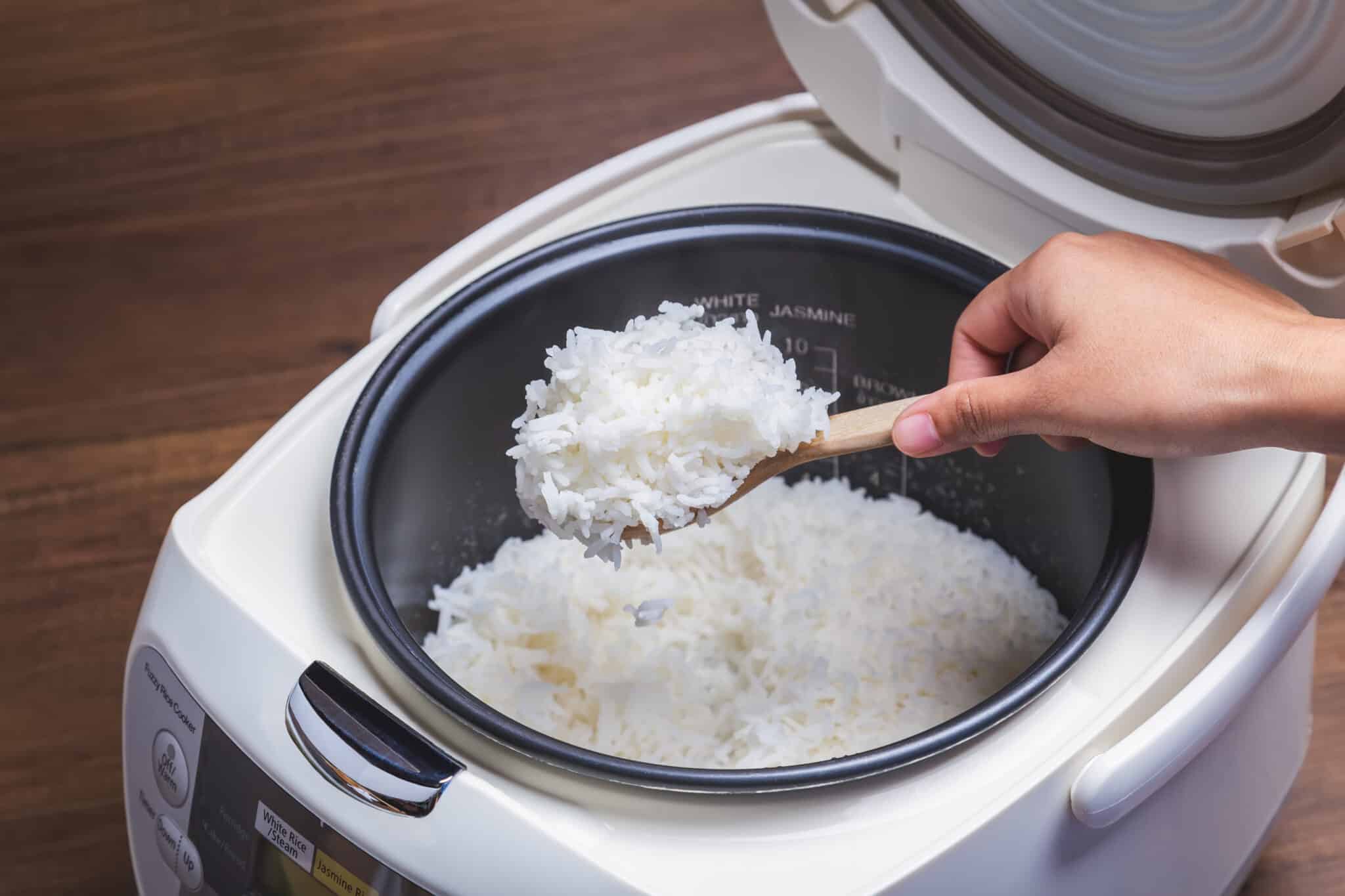
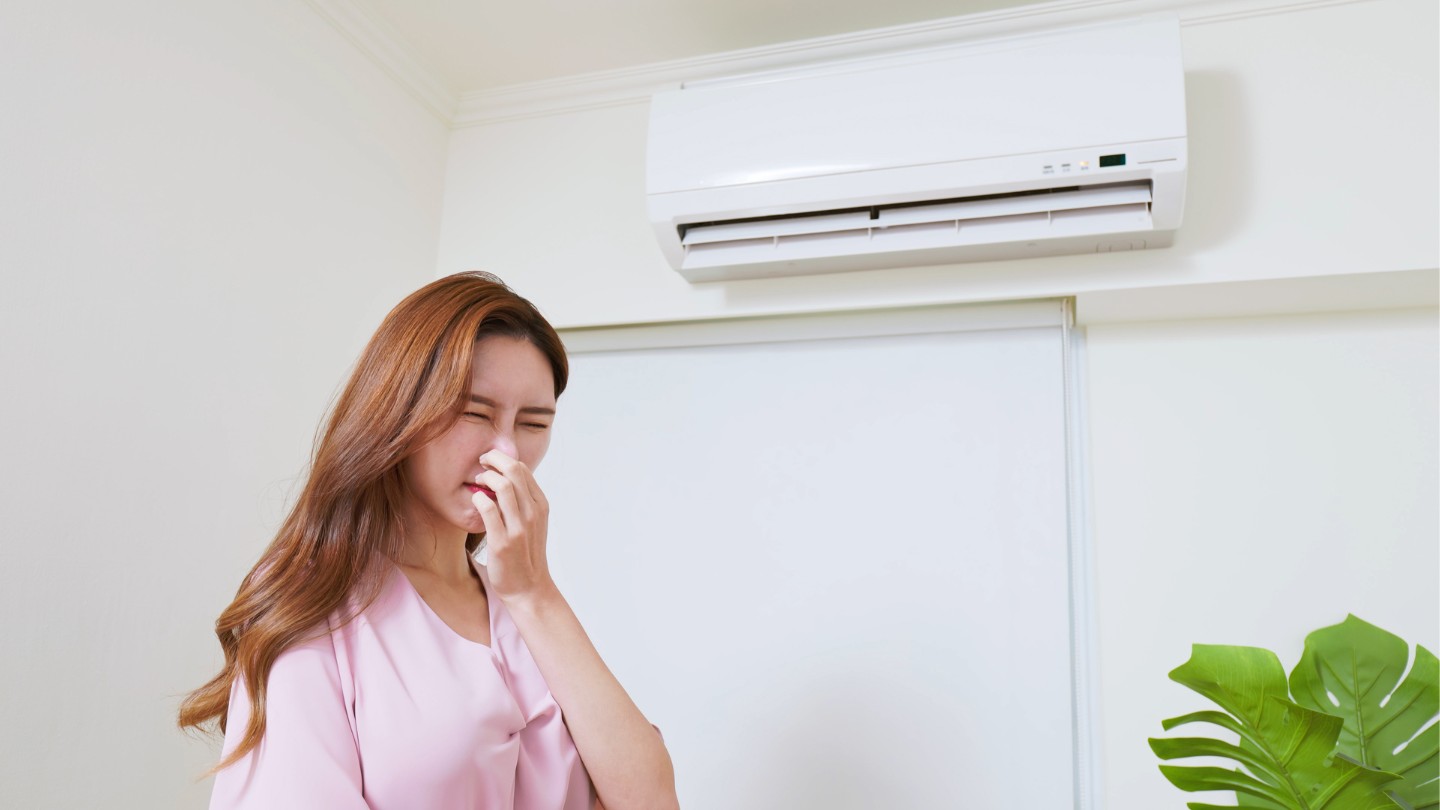
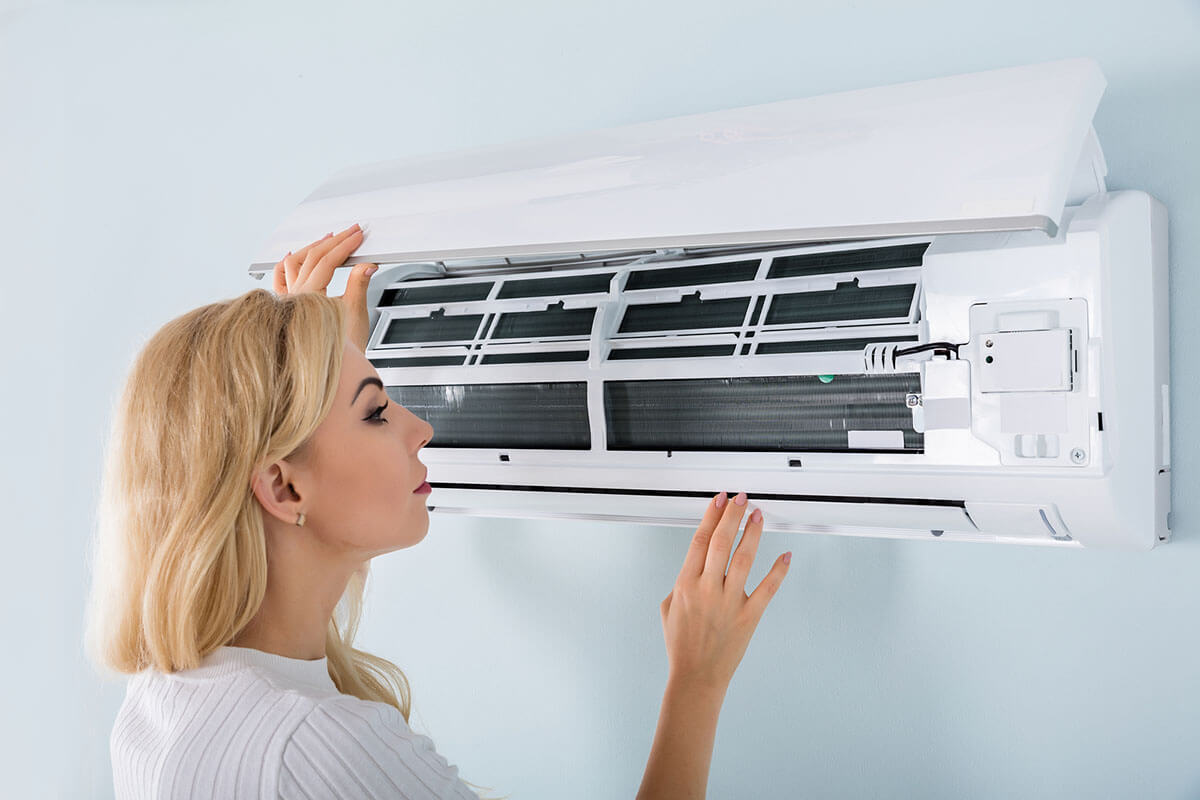
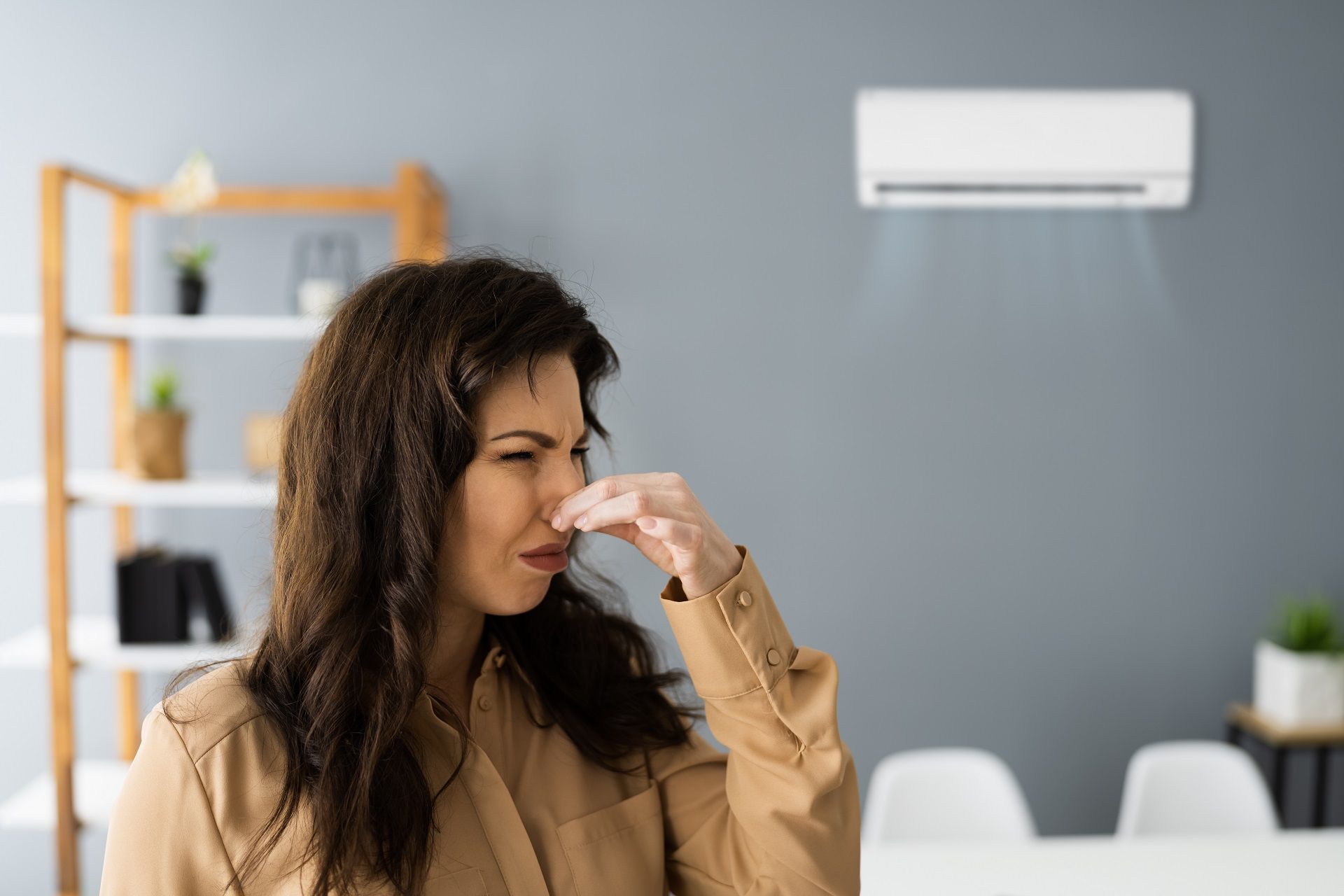
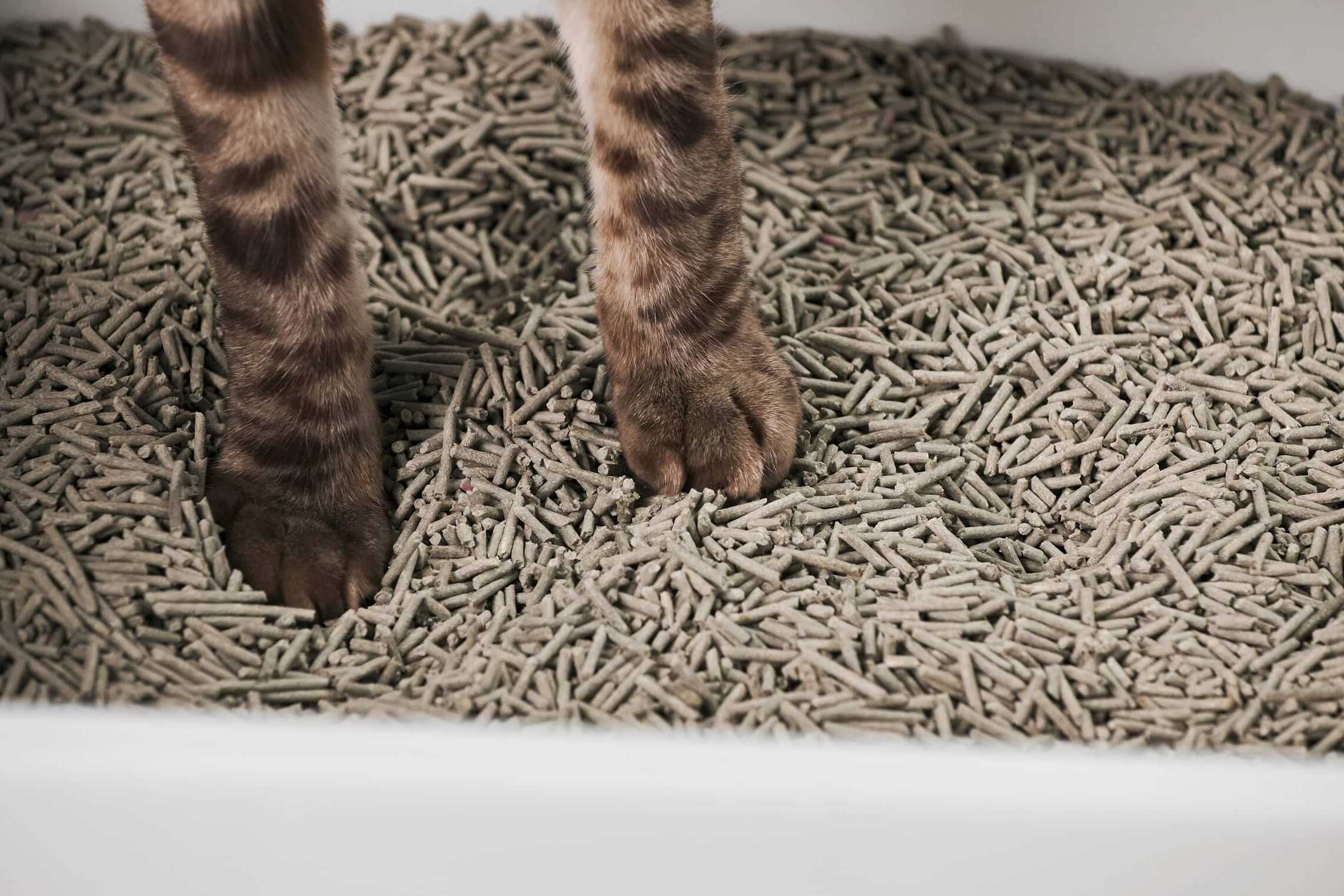

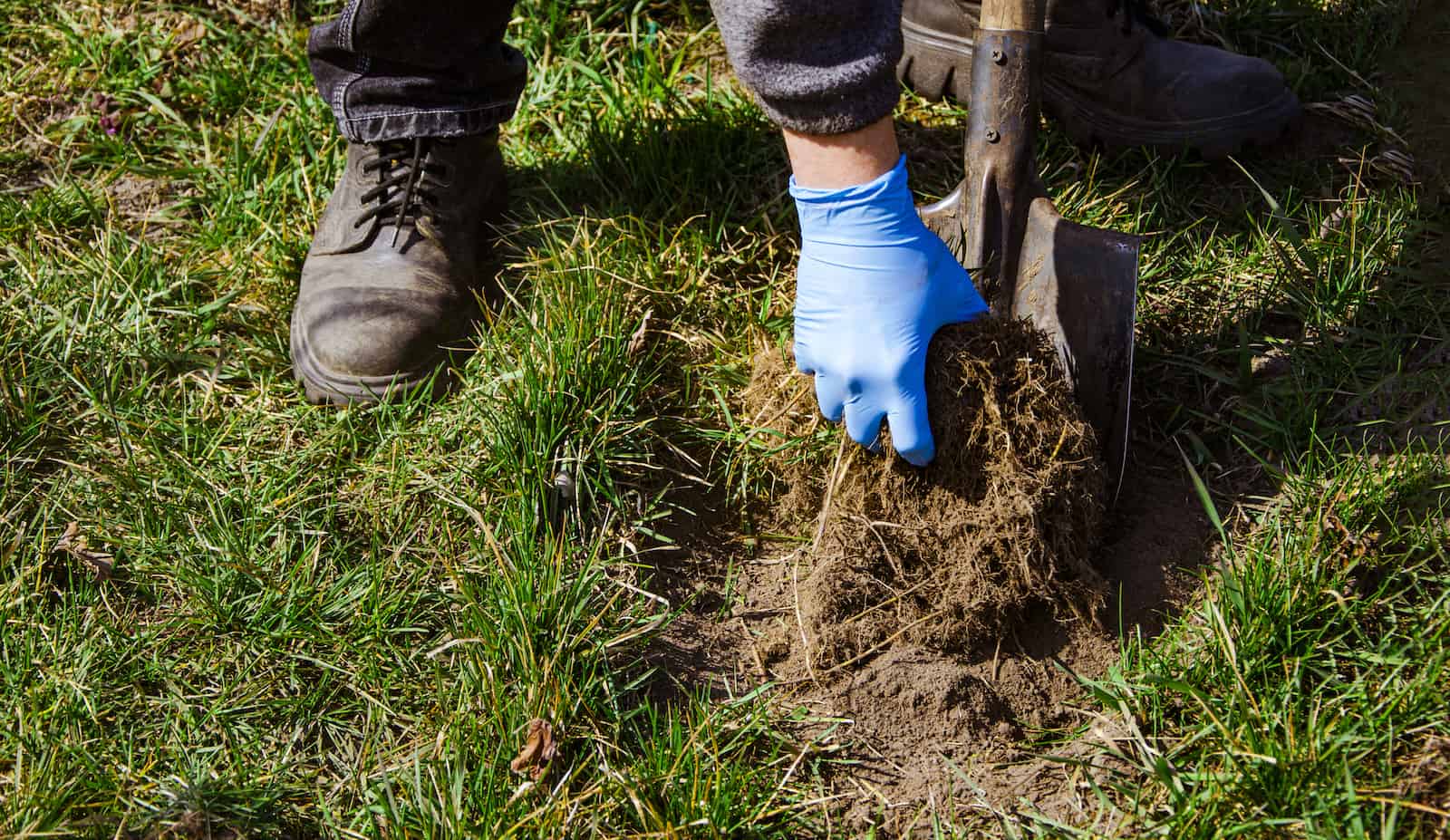
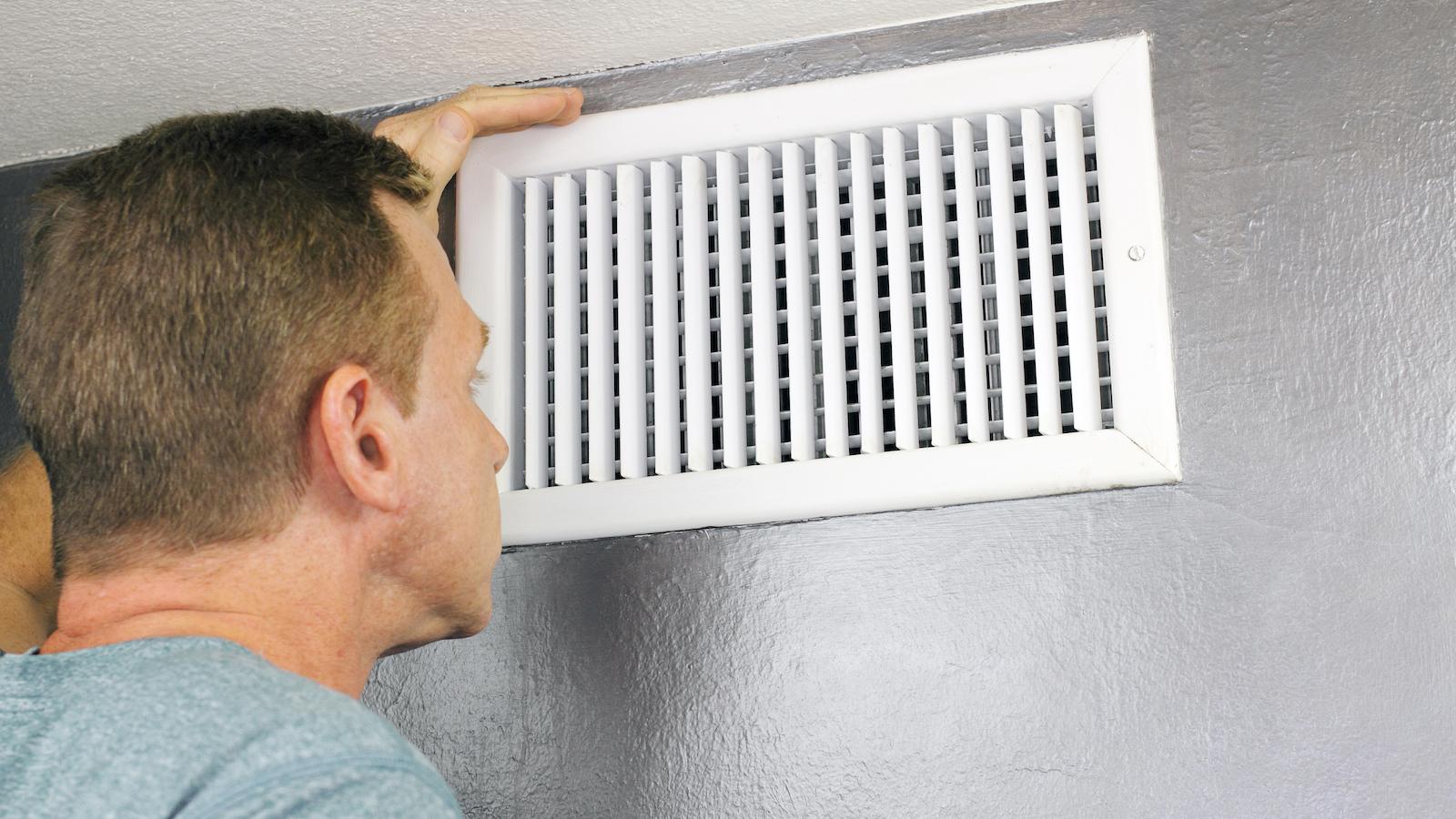
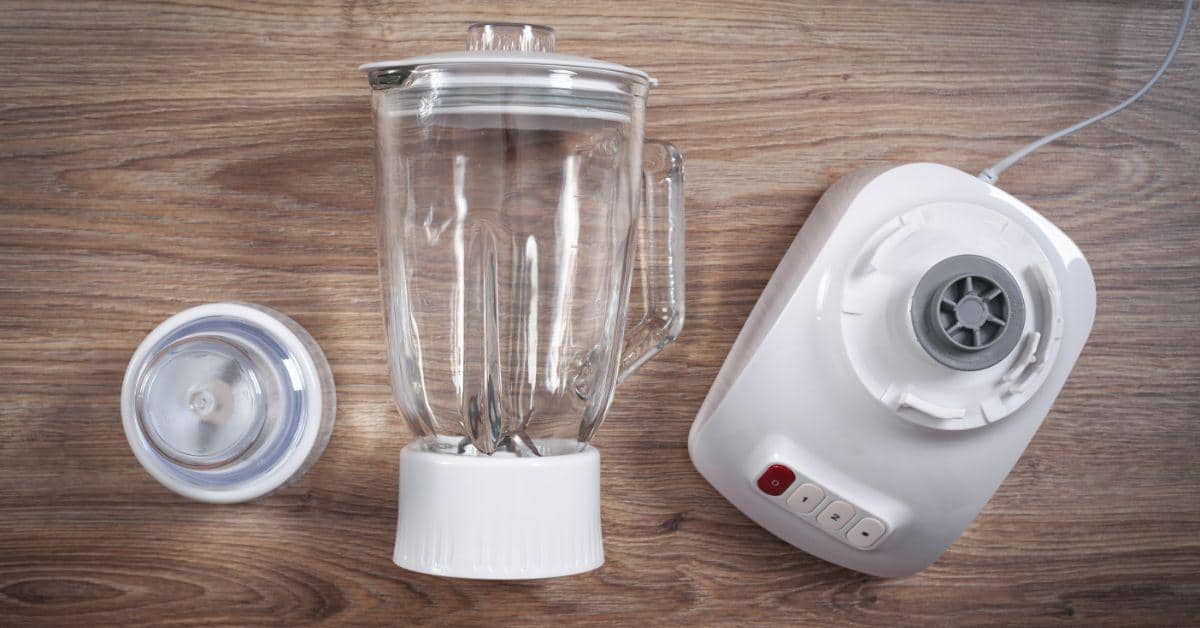
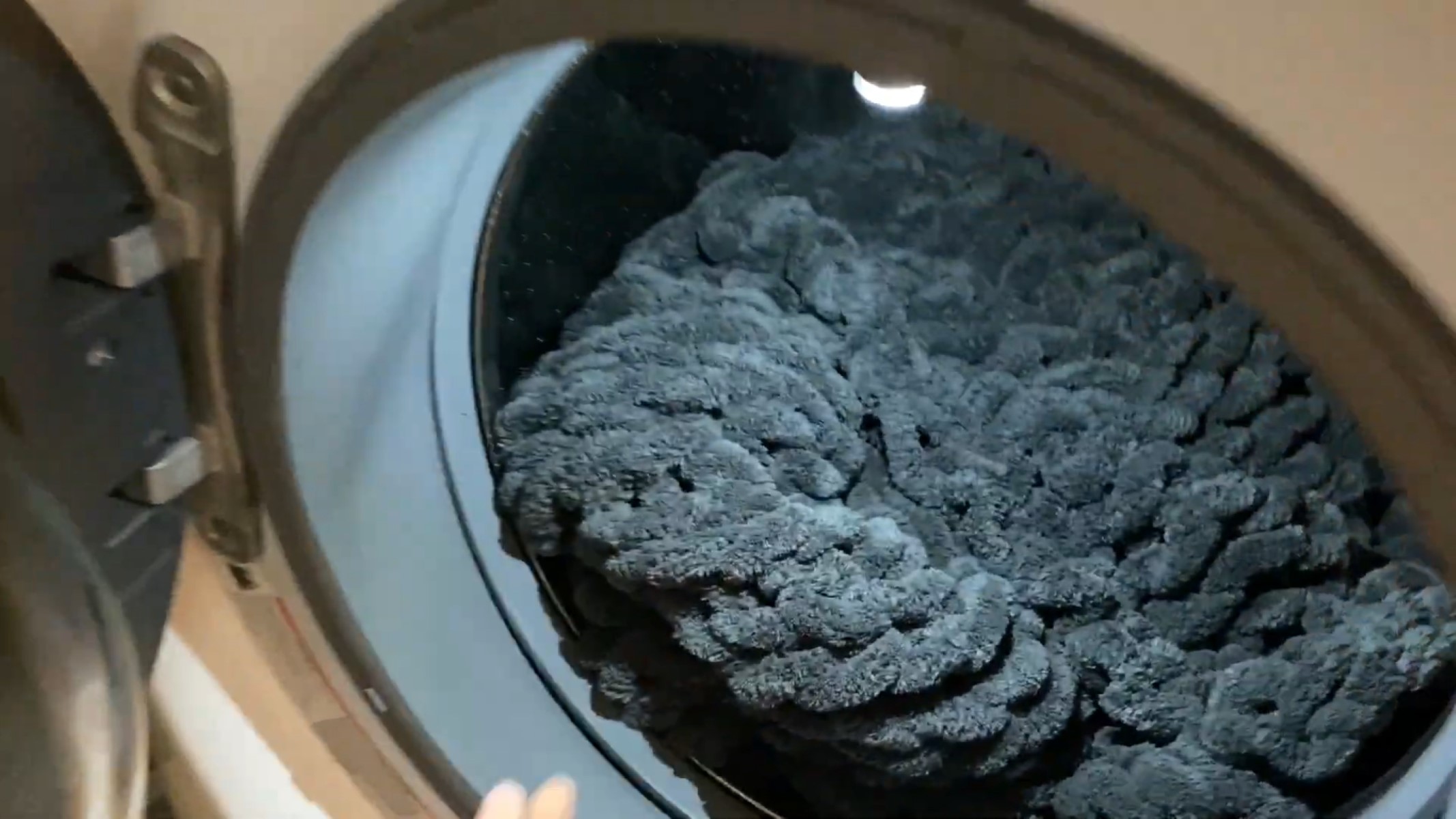




0 thoughts on “Why Does My AC Smell Bad”